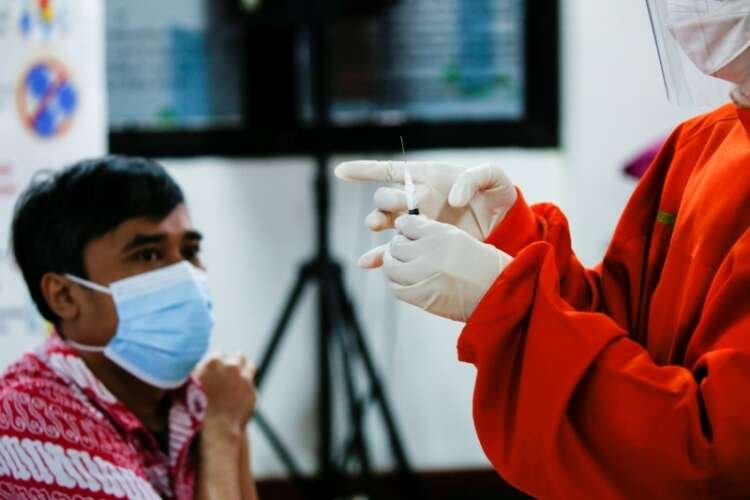Top Stories
Chickens, cows, apartments offered up in Asia’s vaccination lucky draws
Published by Gbaf News
Posted on June 16, 2021
1 min readLast updated: January 21, 2026

Published by Gbaf News
Posted on June 16, 2021
1 min readLast updated: January 21, 2026

Explore more articles in the Top Stories category











